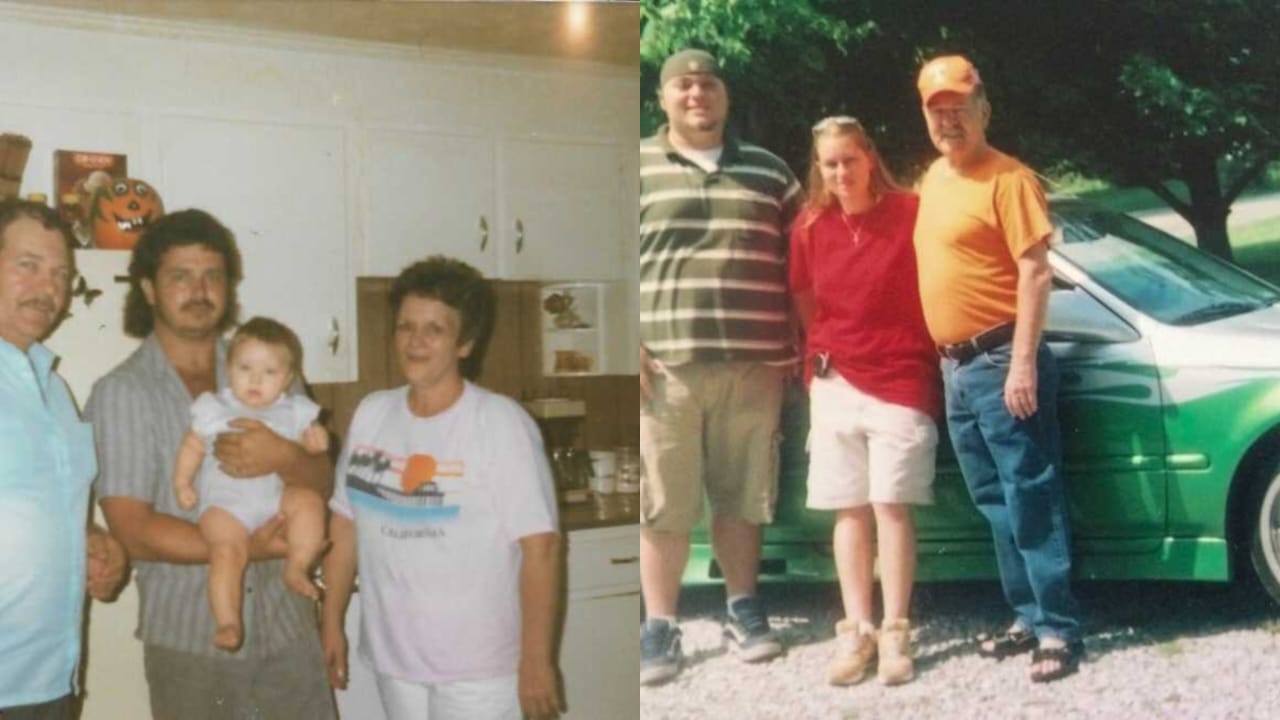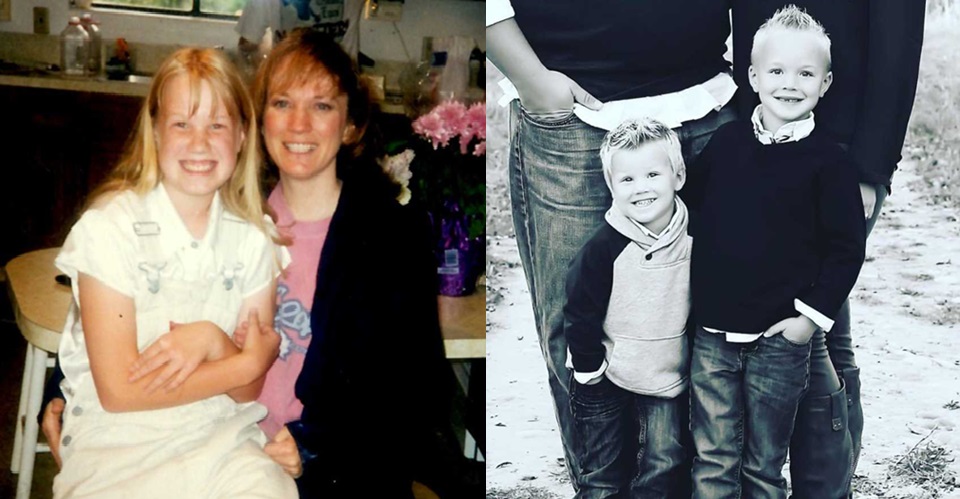Until recently, I had no idea September was Kinship Care Awareness Month. A social worker casually mentioned it to me at an event, and it caught me off guard. Where I grew up terms kinship care wasn’t something anyone used. It was just family doing what family does grandparents raising grandkids, an aunt stepping in, or an older sibling taking charge when parents couldn’t. It was so common that I never thought to label it.

Growing up I often heard that people used to say that blood is thicker than water. I only learned that later the saying meant opposite. Either way, family was often put first, even if it wasn’t always in a child’s best interest. Looking back, I realize cycles of dysfunction weren’t usually chosen. They just repeated because chaos was familiar, and breaking old patterns felt almost impossible. Here’s what surprised me: kinship care isn’t rare. In fact, more than five percent of kids in the U.S. are being raised this way.

Yet most people don’t really understand it, and the families living it don’t get nearly enough support. At its core, kinship care is simple it’s when relatives or close family friends raise children instead of strangers. Care can be short-term or long-term, arranged formally through the law or informally within the family. In some cases, grandparents step in to take on the role Sometimes an aunt or uncle. Sometimes it’s an older sibling, a godparent, or even a family friend who’s stepped in.

For me, kinship care wasn’t an idea it was my life. My grandparents took me in when I was just two years old. Later, another relative raised me until I turned 17. I always assumed that was simply the way families were. By the time I was 24, I found myself stepping into that same role. My baby half-sister was only four months old when I became her guardian.
A few years later, I adopted her. That experience showed me both sides of kinship care the beauty and the heartbreak, the stability it can bring and the weight it carries. There’s so much good in it. Kinship care keeps kids connected to their roots. It lets them grow up surrounded by people they already know. It can soften the trauma of being taken from a parent and, in some cases, even open the door for reunification later on.
But the truth is, it isn’t easy. Boundaries are one of the hardest parts. Foster parents usually have caseworkers who help set limits and keep kids safe. Kinship caregivers? Most of the time, we’re on our own. That means being the one to say “no” to a parent who wants unlimited access, even if that parent is your own child, sibling, or cousin. It can cause tension.
It can break relationships. And it changes family dynamics in ways you don’t always see coming. On top of that, friendships can fade too. Raising a child who has experienced trauma can be isolating. Not everyone understands, and sometimes people pull away when life gets messy. Resources are another huge gap. Foster parents usually receive training and financial support to help them navigate trauma and the costs of raising a child. Kinship families rarely get either.
The bills still come food, clothes, school expenses, medical care but without the extra help. And the kids we raise often face the same struggles as those in foster care, from trauma to behavioral challenges, yet we’re expected to figure it out on our own. Even so, there are ways people can make a difference. If you’re not a kinship caregiver, the best thing you can do is show up.
Bring a meal, drop off diapers, start a meal train, offer to babysit, donate clothes, or simply invite these families to things. Even small acts remind them they aren’t invisible. And if you are a kinship caregiver, don’t carry the weight alone. Ask for help. Reach out to friends, neighbors, churches, or community groups.Most people are willing to support you they just need some clarity about what would actually help. Caring for family, though, will challenge you in ways you might not expect.

There will be nights when you’re exhausted, mornings when you question if you’re enough, and days when a child pushes every boundary because they’re desperate for reassurance. But there will also be joy the first belly laugh, the milestones you didn’t think you’d see, the quiet moments when you realize you’ve given a child safety and belonging. It takes sacrifice.
It takes patience. It takes love that shows up day after day, even when you don’t feel like you have any left to give. That’s what kinship care is: proof to a child that they matter, that they’re safe, and that they are loved.











